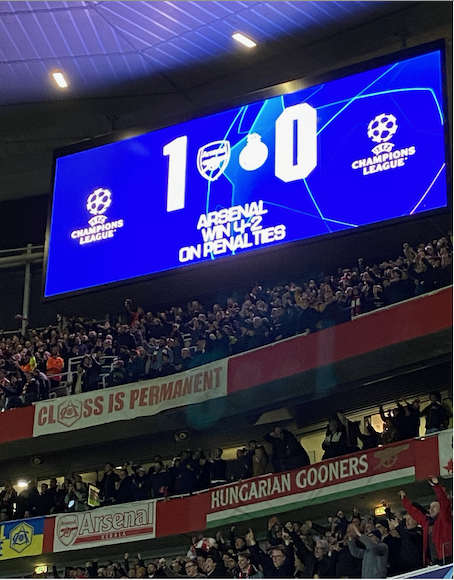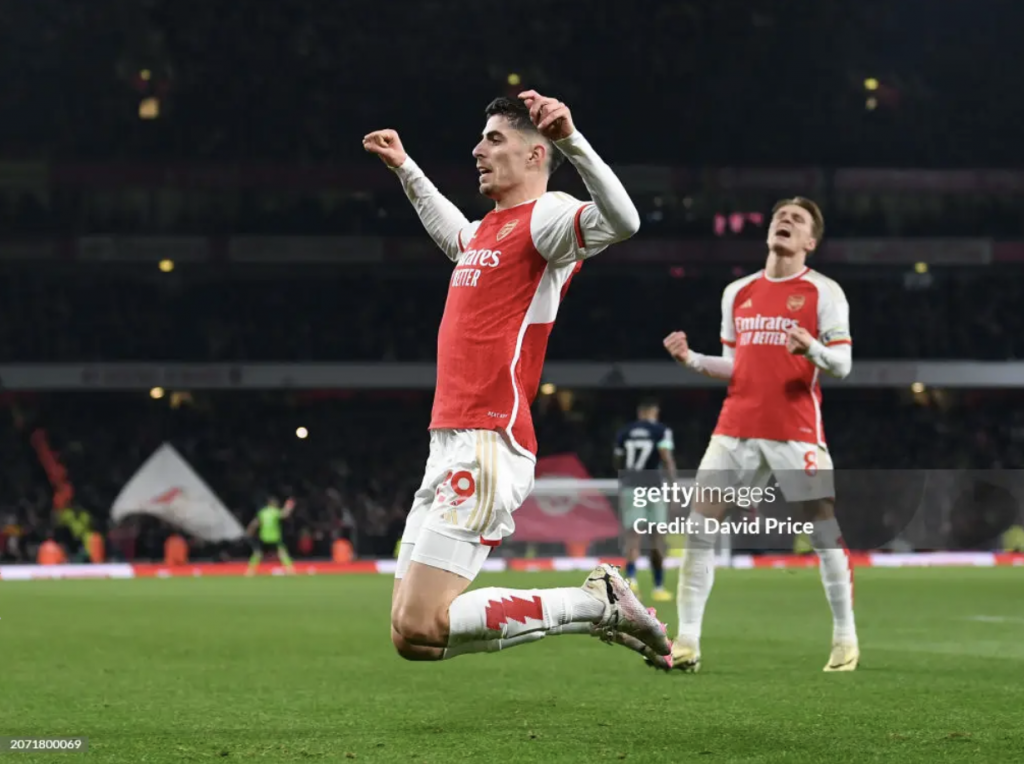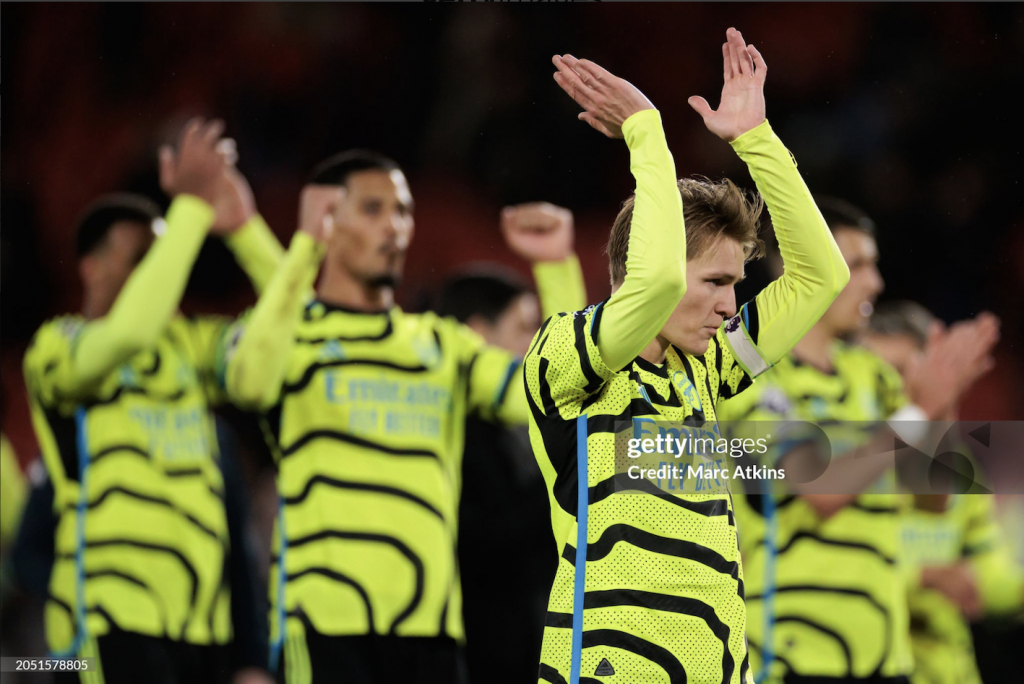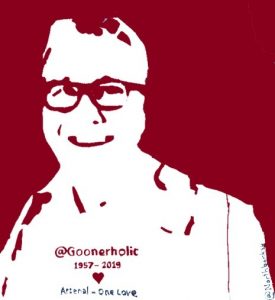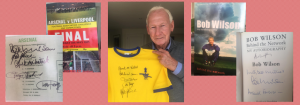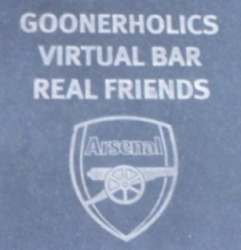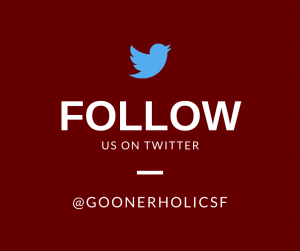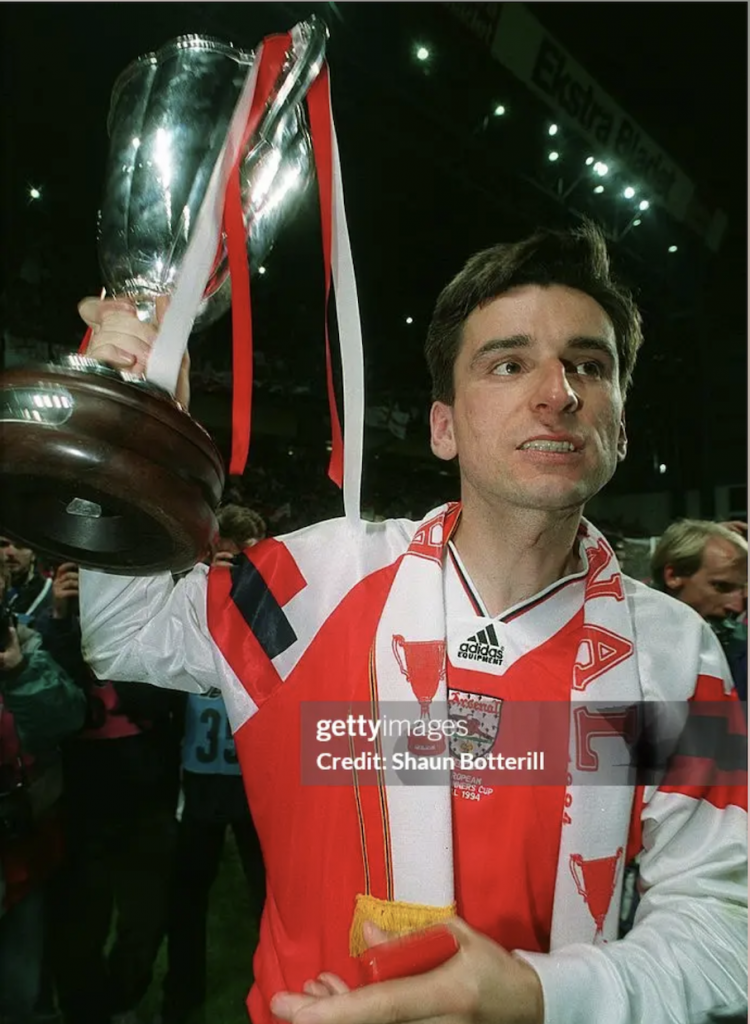
Confession time – on a recent trip to Liverpool I took the opportunity to visit Anfield. I took the stadium tour and found myself envying one particular feature of their history – their achievements in Europe. For the record they have won six Champions Leagues (or European Cups) and three UEFA Cups. They’ve also won four Super Cups and the World Club Cup once. That’s some European pedigree!
Manchester United bemoan their record in Europe. They’ve won the Champions League or equivalent three times, four other European trophies and one World Club Cup. Chelsea have eight European trophies including the Cup with big ears (on two occasions) and one World Club trophy. Even our noisy neighbours over at the Toilet Bowl whom we rightly deride for their lack of silverware have won one more European trophies than we have. Just after the 2015 FA Cup Final as we wended our way back to Marylebone a rather pathetic Villa fan gloated (if you can gloat after losing 4-0!) that we hadn’t won the European Cup and they had.
Arsenal won the Fairs Cup in 1970 and the Cup Winners Cup in 1994. We came an agonising twelve minutes away from winning the big one in 2006 in Paris, a night that was about as excruciating as any I have ever known supporting this great club and we’ve lost four other European finals. I was at most of them. Somehow, it’s harder to take defeat in a foreign final than anywhere else in my experience and the beer is usually MUCH more expensive!
You get the idea? We support one of the true giants of English football, a club with a massive global fan base and an illustrious record of trophy gathering in our home country. But in Europe we languish way behind not only a lot of otherwise much less successful English clubs but also a lot of Europe’s relative minnows. The likes of Schalke, Villarreal, Hamburg and even West Ham, for goodness sake, have a better record!
This article posits some ideas about why this may be and it is to be hoped that the general angst we all experience when we contemplate Europe will dissipate in a few weeks time at Wembley when we eventually triumph to win our first Champions League. But we have a lot of work to do before we secure that very special landmark.
A History Lesson
Of course, statistics can be deceptive. Firstly, until 1993 only the Champions of each country could enter what was known as the European Cup. When it became the Champions League in 1993 runners-up and leading clubs from the major European leagues could also enter. A logical person might feel it should have started off as the Champions League and then morph into the European Cup. In fact it did the opposite!
So, until thirty years ago you only got a shot at the big prize if you won the league. We only won the league three times in that period and when we won it in 1989 English clubs were banned from Europe because of the problems at Heysel before the Juventus/ Liverpool final. Thanks Scousers…. we had an extremely good team then.
Our first attempt in 1971-72 saw us eliminated by a fine Ajax side in the quarter final. Ironically it was a very similar Ajax side to the one we had eliminated two years earlier in the Fairs Cup. I still remember Peter Marinello clean through in the first minute of the second leg and failing to score. George Graham got the winner in the second leg but unfortunately it was for Ajax!
We had to wait until 1991 for a second shot at the prize. We started the competition as favourites and thrashed the Austrian champions 6-0 at Highbury in the first leg of our first game. We then met Benfica and drew at the Stadium of Light. Back at Highbury we saw a collectors item when Colin Pates scored first for us but Benfica came back to score three goals which delighted their manager … one Sven Göran Eriksson. I had the opportunity to discuss the game with George Graham a couple of years later. He felt that he learnt valuable lessons about controlling European ties that night. A few months after he told me that, we triumphed 1-0 against Parma in the Cup Winners Cup Final in Copenhagen. That was George’s last tilt at a European crown with us as he was not in charge a year later when we lost to Real Zaragoza in the Nayim (from the halfway line) final.
The Wenger Years
Even before Arsene Wenger arrived officially at Arsenal he flew from Japan to take charge of a (losing) UEFA Cup tie in Germany. The following year when we won the title we had dropped out of the UEFA Cup very early losing to PAOK Salonika. Had the Premier League had four qualifiers for the Champions League at the end of Wenger’s first season, we would have entered that but in 1998-99 we qualified as PL champions and because of restrictions on capacity at Highbury we played our first two seasons in the Champions League at Wembley. How I loved the 5 am starts to drive to Wembley, park around the local residential roads which closed pre-match and the long drive home after the match. It really wasn’t a good experience in many ways. We failed to qualify from the knockout stages and lost to among others Barcelona, Lens and Fiorentina. In 1999-2000 we dropped into the UEFA Cup and reached the final in Copenhagen against Galatasaray. Copenhagen held very happy memories from 1994 but these were obliterated against the Turks. It was the single most unpleasant day I have ever spent watching football – and I lived through the seventies and eighties. Lunching with friends my daughter was sending messages about where the rioting was currently taking place so that we could navigate our way around the city. The game was a huge disappointment ending defeat in a penalty shootout after a goalless 120 minutes. And then, my return flight was delayed four hours!
What Wenger achieved (and was unfairly pilloried for) was regular qualification for the Champions League. In the first decade of the millennium Arsenal qualified for the latter stages of the competition every time but apart from the solitary Final appearance in 2006 we only progressed beyond the quarter final once, in 2008-09 when we reached the semi-final only to lose to Manchester United. But supporters develop expectations and the feeling was that the club was too preoccupied with simply qualifying for the Champions League gravy train but not committed to winning it. The outlier in 2006 was remarkable. We lost heavily at home to Inter Milan in the group, looked likely to go out when we were struggling to beat Dinamo Kiev only for Ashley Cole to score late on. We went to the San Siro and outplayed Inter in a glorious 5-1 victory and entered the knockout stage. We drew Real Madrid and in the midst of poor domestic form and an injury crisis played a Real team filled with Galacticos and played them off the park. Henry scored one of the great goals in our history in a 1-0 win . That kickstarted an incredible run which saw us draw with Real at home, comfortably defeat Capello’s Juventus over two legs and then defeat Villarreal in a very nervy semi-final where Lehmann’s wonderful last minute penalty save took us to the final in which, ironically, Mad Jens was sent off after ten minutes. Sol Campbell’s header saw us take an unlikely lead which we held until shortly before the end. On two occasions Henry missed great chances and Ljungberg also missed another great chance to clinch the trophy.
The amazing thing about that team was its back four of Eboue, Senderos, Toure and Flamini who set a CL record of fourteen successive clean sheets that still stands. Would you believe those four defenders could achieve that? Much was made of the coaching that Martin Keown gave that unlikely quartet and how effective they became.
Contrast that with the Invincibles who in 2004 were by common consent the best team in Europe. We were eliminated at home by a Chelsea side we had defeated three times that season and had drawn with at Stamford Bridge. If ever an Arsenal team had the quality and opportunity to take the Champions League crown it was in that year.
Since 2010 we have only been beyond the last sixteen once and have suffered a number of shattering defeats (some facilitated by appalling refereeing) to the likes of Barcelona and Bayern Munich. Our last elimination came at the hands of the Germans in 2017 by an aggregate of 10-2. It was increasingly beginning to be felt that Arsenal were waning as a European power, just a part of the line-up but never real contenders.
We failed to qualify for the first time in 17 years in what proved to be Wenger’s last season and although we have qualified for the Europa League in all but one of the subsequent seasons we have only reached one final, in Baku where we were humiliated by Chelsea. Then in 2021, Arteta received some criticism for being outwitted by Emery at the semi-final stage. But this season our home performances back in the Champions League have been outstanding and the sense is this team is on a sharp and positive upward learning curve.
So, What are the Conclusions ?
The Champions League is essential!
One of the modern developments in football is the expectation of the top players. These are the players you need to sign if you hope to compete effectively at home … and in Europe. Can you imagine Declan Rice being willing to sign for a club that is not competing in the Champions League? Similarly would Kai Havertz or Jurrien Timber be interested in a side not in that elite competition? If you want to sign the very best and established top players you must offer them Champions League football and you are unlikely to be able to afford them if you don’t qualify. I’m being told that our Champions League campaign so far will bring in about £90 million for the club. If we go further the rewards will be astronomical. Europa League victory is only worth a fraction of that figure.
European football is different!
One of the benefits of playing in Europe, especially in the Champions League, is that aside from the money and the glamour, playing against different teams from different leagues and against top-class players improves your squad. The two Porto games, which a lot of pundits had suggested were a gimme, were in fact extremely challenging and made for compelling entertainment. Their mid-block disconcerted an Arsenal team that was dismembering Premier League sides in between those fixtures. To triumph in Europe you need durability and tactical flexibility and I am sure Arteta has benefitted from the experience he has had against opposition coaches in the Europa League. It takes a while to assimilate the differences in Europe and we saw how improved the side was in Seville after the defeat in Lens.
It is a degree course in tactical awareness!
Wenger’s detractors claimed that he struggled to match the tactical acumen of the top European coaches. That may have become true as his star declined but I can remember many outstanding Arsenal performances home and away in Europe under Wenger. If you can recruit the right quality of player, European success, even in the Champions League, is accessible but when you reach the knockout stages it becomes a postgraduate degree course in tactical sophistication. Although the Premier League is a very strong division, the Champions League is in an entirely different level. A side new to the challenges will take time to adjust to its level. But I believe Arteta and his coaching team are elite and have the capability to enable Arsenal to challenge for the Champions League trophy .
Ambition!
Revisiting the past brings pleasure and pain but it is increasingly clear to me that with greater ambition Arsenal could have retained their best players and added to them. We could have seen more success in the League in the early 80s and with that success we could have attained greater European success. At that time, it was arguably harder to win the other European trophies than the European Cup. Similarly George Graham was held back relatively speaking and Wenger was naturally prudent in his expenditure but was superb at recognising unpolished gems. The establishment of a wider qualification model has changed the balance of power and created a gravy train that ambitious clubs have to clamber aboard.
Arsenal now seem to have a very intelligent management team and above all owners who have experienced equivalent success in the USA. The impression that they were satisfied with mediocrity has been dispelled. But it is still extremely difficult to compete with clubs financed by nation states.
Serendipity!
I hate Wayne Bridge! He was responsible for eliminating a far superior Arsenal team in 2004. His Chelsea team stumbled against an average Monaco side in the semi-final and one had to feel we would have had a wonderful chance of crowning that special season with the Champions League if we had just got past Chelsea. Nobody could claim Ranieri was a superior tactician to Wenger but on the night and given that we had played an intense FA Cup semi-final the weekend before we came up short.
Squad diversity helps in Europe!
Some excellent players shine more in Europe than in the Premier League. Gabriel Jesùs is a case in point. Some players cope well with the intensity of the Premier League but struggle in a more cerebral environment in the Champions League. A top club needs to encompass both competitions … and that doesn’t come cheap !
Ashburton Grove is a hard place to visit!
We have played four games at home this season and won them by an aggregate of 13-0. We defeated a PSV side carrying all before them in Holland by a 4-0 scoreline and a resurgent Lens by 6-0. Porto players visibly melted faced by a passionate North Bank during the penalty shootout. Don’t underestimate how forbidding it may be to visit North London with the crowd and support we have now.
So how do you succeed in Europe?
If you look at the last ten winners, Real Madrid have won five times and Bayern Munich, Barcelona, Chelsea, Liverpool and Manchester City have one victory each. It took Guardiola, one of the greatest coaches of all time, a long time to win it.
Financial muscle is very important but Liverpool have a great record without being one of the richest clubs. Tradition is important. All of those clubs have a number of appearances in the final. They have the fan base, the quality of squad and, with the exception of Chelsea, the aura of serial winners. That aura takes time to acquire and needs to be supported by a clear process to develop and continually strengthen the club.
Three Premier League clubs have won the competition in the last decade but only one has won both the Premier League and Champions League double in the same season. Looking across the whole span of the European Cup and Champions League competition, although an English club has won the European Cup/Champions League on 14 occasions, the English domestic league and European Cup double has been achieved on only 5 occasions: Liverpool (1976-77 & 1983-84), Manchester United (1998-99 & 2007-08) and Manchester City (2022-23). Meanwhile, Barcelona alone have achieved that double on five occasions, Real Madrid, Bayern Munich and Ajax three times each and Inter Milan twice, whilst eight other European clubs have won that European/domestic double on one occasion. The intensity of our league may stretch resources more than their domestic league does those of clubs in other countries … but it is possible, and the impact of European success creates a virtuous circle of success with league progression that sustains the attempts to win both competitions.
Runners up in the last decade include Atletico Madrid, Juventus and Liverpool (all twice), Manchester City, Inter Milan, PSG and Tottenham although the latter’s attempt to win expired with a whimper. My conclusions would be that stability of coaches matters, ambition of the club is important and to a degree, so does the belief of the fans. At Anfield they expect to win the Champions League but their resources are no greater than ours. Their success suggests that belief is amply justified.
And, the Champions League winner 2024 is …..
I firmly believe that we are on a very positive path to success and that over the next few seasons we will become ever more credible contenders for the biggest prize of all. I don’t believe that we can win it this season because of the lack of elite squad depth and the inexperience of the squad but I believe we will win it in the next five years if we retain Mikel Arteta. I want to see a trophy wall developing at Ashburton Grove to rival that one at Anfield!
